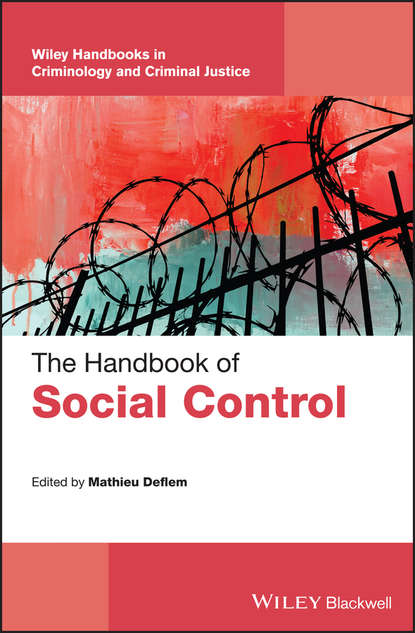
The Handbook of Social Control скачать fb2
Mathieu Deflem - The Handbook of Social Control краткое содержание
An essential resource that contains a contemporary overview of the concept of social control and its main approaches The Handbook of Social Control offers a comprehensive review of the concepts of social control in today’s environment and focuses on the most relevant theories associated with social control. With contributions from noted experts in the field across 32 chapters, the depth and scope of the Handbook reflects the theoretical and methodological diversity that exists within the study of social control. Chapters explore various topics including: theoretical perspectives; institutions and organizations; law enforcement; criminal justice agencies; punishment and incarceration; surveillance; and global developments. This Handbook explores a variety of issues and themes on social control as being a central theme of criminological reflection. The text clearly demonstrates the rich heritage of the major relevant perspectives of social control and provides an overview of the most important theories and dimensions of social control today. Clarifies the most salient theoretical and conceptual issues involved with the social-scientific study of social control Considers the various societal organizations and agencies that are involved with the planning and execution of social control mechanisms Includes information on the history of incarceration, the dynamics of prison culture, the problem of mass incarceration, the resistance of abolitionism, and the death penalty Discusses the dynamics of border control and immigration policies Written for academics, undergraduate, and graduate students in the fields of criminology, criminal justice, and sociology, The Handbook of Social Control is an indispensable resource that explores a contemporary view of the concept of social control.
Чтобы оставить свою оценку и/или комментарий, Вам нужно войти под своей учетной записью или зарегистрироваться



